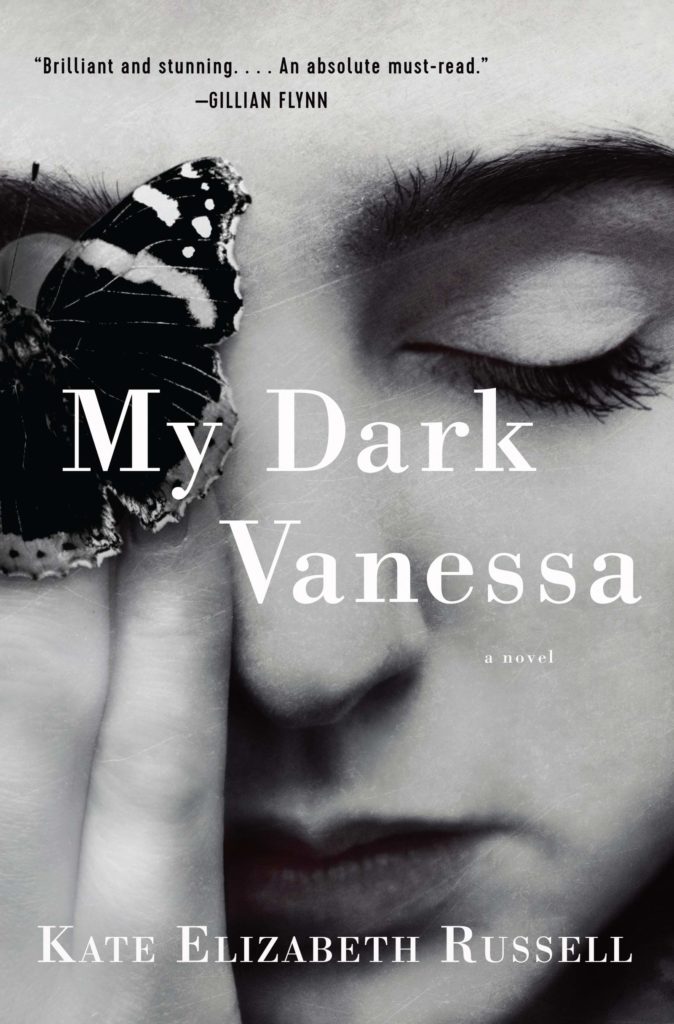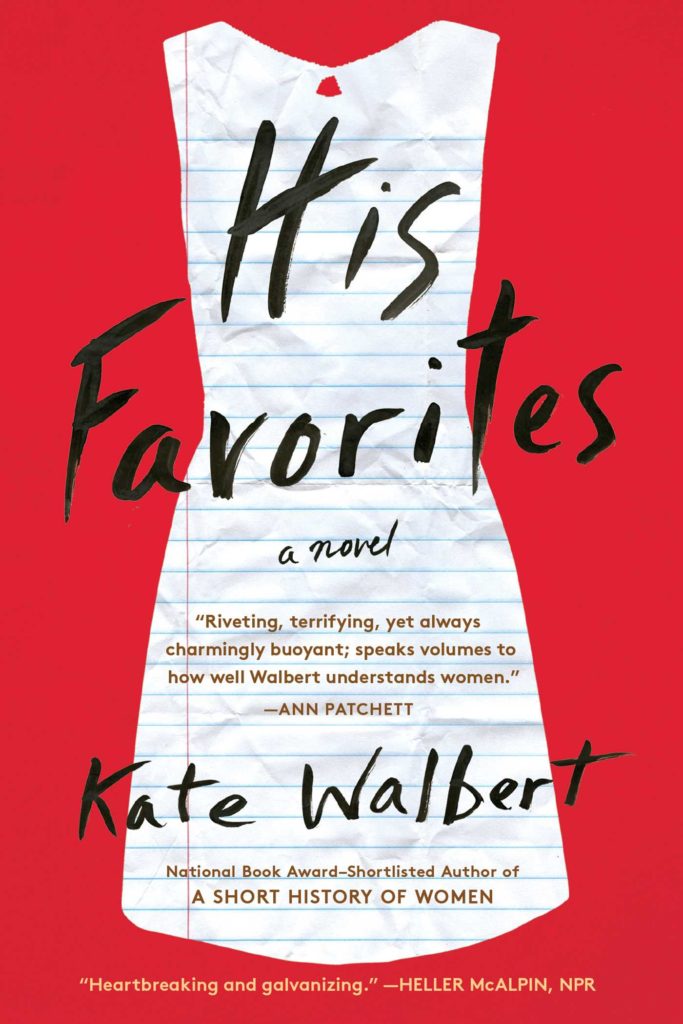
Tyll by Daniel Kehlmann is so entertaining that I struggled at first to understand just how deep it is. I’m not sure what it says about contemporary literature, or about me, that I needed to consciously banish my cynical mistrust of any book that is so delightful to read.
As I read the novel I thought of Falstaff, Shakespeare’s comic-yet-deep repeating character. The character who most reminded me of Falstaff is played by a donkey, a character who appears in many scenes, sometimes for comic value and sometimes for something else entirely.
And now that I’ve brought it up, I realize that I could now write several paragraphs just about the donkey in this novel–how funny the donkey is in a given scene, and then how horrifically the donkey’s fate plays out in another scene. Sometimes this donkey has a name, and its name is Origenes. And like so much in Tyll, Kehlmann invites me to think of the donkey’s name as just a name, and to read on, or alternatively, to ponder what shimmering potentials are added to my reading if I take time to realize “Origenes” is also the name of an itinerant third-century Christian ascetic whose life and fate were caught up in religious disputes not unlike those raging in this novel.
The donkey’s story is threaded throughout this broken, nonlinear novel, and always brings with it some new wonder or terror or sadness or revelation, even though it’s a minor character, like Falstaff. And the thing is, it’s not just the donkey. Every character in the novel is a kind of itinerant bit player, and every one of them–the miller Claus, the Winter King, the expert in dragonology, the little girl named Martha, Tyll himself–has a marvelous and mysterious story to tell, when it’s their time on stage. Kehlmann made them all real for me, sometimes in just a few sentences.
References to Shakespeare plays appear throughout this novel with both historical and thematic resonances. A recurring side-theme is how literature was changing in this period of history that we now call “early-modern.” The play Macbeth makes its way into a scene as a way to reference James I’s rise to power, and Macbeth’s last soliloquy is a good description of how this novel unfurls as you read it:
Out, out, brief candle!
Life’s but a walking shadow, a poor player,
That struts and frets his hour upon the stage,
And then is heard no more. It is a tale
Told by an idiot, full of sound and fury,
Signifying nothing.
Okay. I should also add that I found a lot of Lutheran-like philosophy playing out in profound ways–over and over again the character Tyll projects a belief that suffering and uncertainty is worth enduring for the hope of living through it, and that evil is worth fighting, for the hope of the good to come. This philosophy is most starkly portrayed in the late chapter “In the Shaft.” But every chapter seems to have something profound to say about hope, and humanity.
Well, I’m just gob-smacked by this novel. Read it.
here are more of my reviews on goodreads.




